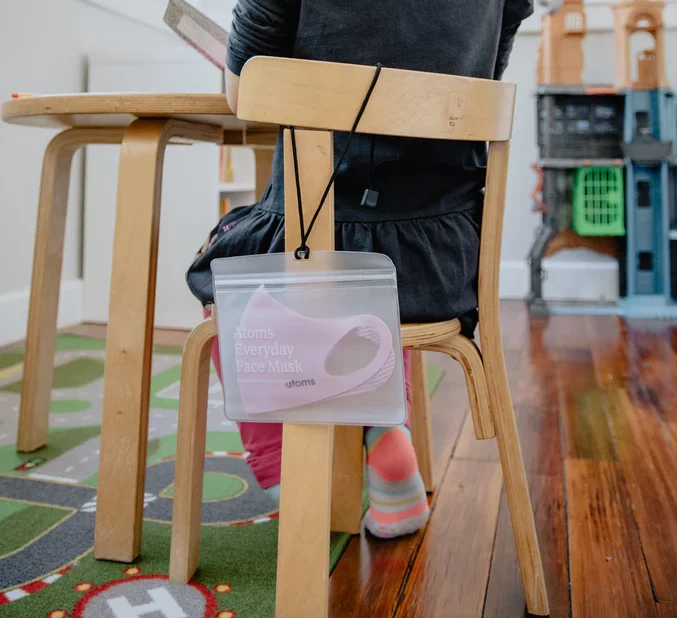Talking to Students About Masks
This week our Governor and Commissioner of Education had a press conference about ending the mask mandate in schools. It was all anyone could talk about. However, what was not being discussed was how educators would talk to their students about what happens IF schools have the option for mask wearing. How will we approach the idea that some people will be wearing masks for various reasons and others will not be wearing a mask?
The conference was scheduled for 10:30 AM, and I decided to watch it with my 5th grade students. Before the conference began, we had a class conversation around masks. I explained masks were the new accessory that became a big trend in 2020! Some people started making them. Others made sure they had ones that matched outfits, while some wore medical masks. We all had them and wore them regardless of our personal feelings about them. We talked about the pandemic becoming an endemic, which were two big concepts for these 5th graders! They recognized we will need to learn to live with Covid in our new normal, which was later confirmed by the Governor during the press conference.
I led an open discussion about how people can sometimes get made fun of for the clothes they wear, the earrings or shoes they have on, or their hair style. When asked if anyone had been made fun of for these things every hand went up. This was a natural opening to talking about mask wearing and normalizing it. Wearing a mask is going to be part of someone’s identity moving forward, should they choose to do so. It is a human choice and should be valued. Just the same as the person who chooses not to wear a mask. There are also people who have to wear the mask because they are immunocompromised or cannot get vaccinated, so this is something else they need to be aware of.
In the spirit of Kindness Week, students talked about being nice and having empathy towards everyone regardless of their individual choice. Students also mentioned how they are young, and it might be their parent’s prerogative for them to wear a mask or not.
In the spirit of Kindness Week, students talked about being nice and having empathy towards everyone regardless of their individual choice. Students also mentioned how they are young, and it might be their parent’s prerogative for them to wear a mask or not. Having an open dialogue with students where we normalize mask wearing before a decision is even made helped students see the bigger picture of how we are transitioning into an endemic.
As we watched the press conference, students learned there are decisions about mask wearing made at the federal level. The decision to wear a mask on a bus is decided by the federal government, and students heard they will still have to wear one on a bus. Then they listened to state government officials discuss how they are lifting the mask mandate in schools on February 28th. This was followed by an announcement that it was now up to the local government to decide if they would lift the mandate. Our class talked about the different levels of government and decision making. We then dove into a talk about policy. A child curiously asked if our school committee would decide to keep the mask policy even though the state said the mandate would not be in effect at the end of the month. I told him we would have to wait and see what happens.
I gave the students a few days to reflect on our discussion and press conference. Then I revisited the conversation, reminding them about everyone’s personal choice to wear a mask or to not wear a mask. We talked about ways to approach our classmates. One student said, “It does not matter whether someone is wearing a mask or not. It is their decision and their choice.” Another child said, “Do not treat someone differently because they are wearing a mask.” A student said, “It is their decision to wear a mask just like it is your decision to get your ears pierced or wear something.” A student mentioned, “They might feel safer with a mask. It is their decision. Some parents might want their child to still wear a mask.” “Just because someone does something different than you, they should still be treated with respect,” said another child. “People will have different beliefs, but you have to respect their opinion,” was something shared by a student. “A mask is just an accessory,” said someone else. A student ended the conversation with a person has “their reasons to wear a mask.”
Students then had an opportunity to email our school committee should they choose to and share either what they learned, what they wanted to see change, or their concerns about what could change. Empowering students to share their voices with local elected officials is a dynamic learning experience that promotes student agency.
So as everyone begins to make decisions that impact our children, make sure conversations are happening about how to talk to children about these changes.







Great article @rayna-freedman